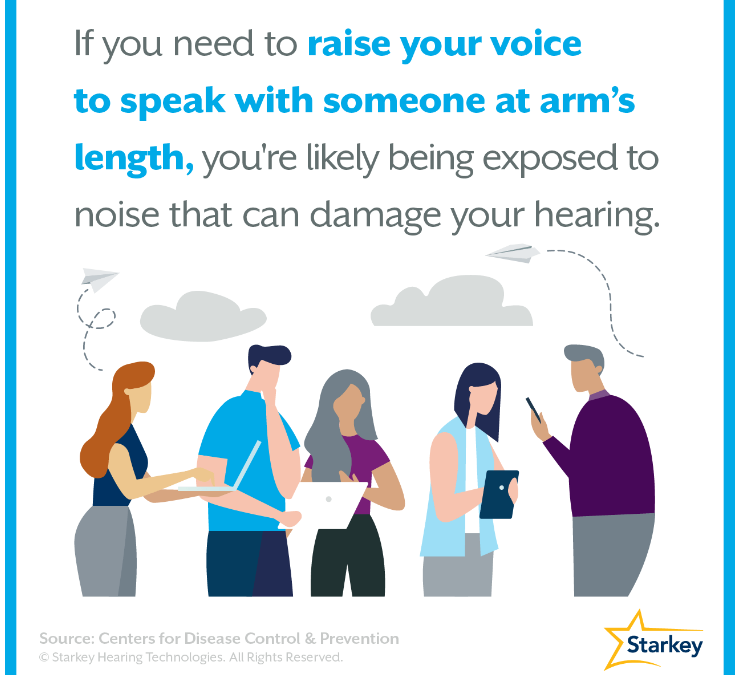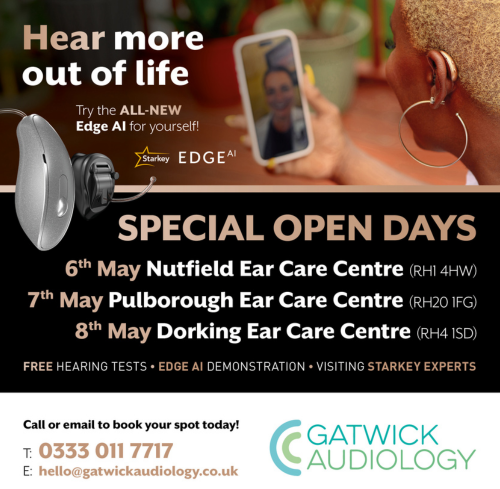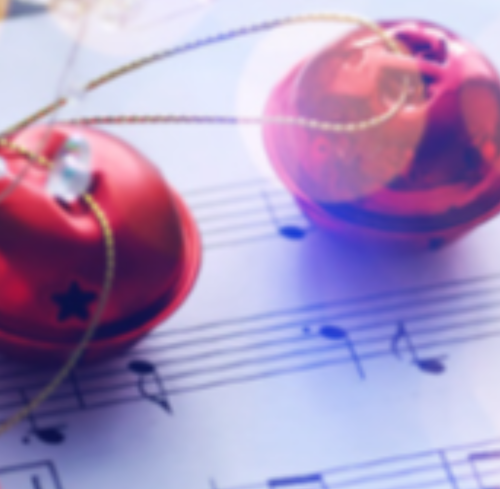When should I upgrade my hearing aids?
January 15, 2024
Prince’s Hearing Tips
April 15, 2024Most times, it’s easy to know when the noise around you is unsafe. An indoor concert, for instance. Using a power tool. Watching a wailing ambulance go by, or an aeroplane flying too close overhead.
Then there are less obvious situations, like sporting events, a busy city street, certain restaurants, and watching TV at your parent’s house. (That last one is based on personal experience.)
According to the Centers for Disease Control and Prevention (CDC), any noise above 85 decibels (dB) is considered “hazardous”. So that’s the gauge everyone can go by.
But how do you know if a sound has entered that hazardous range?
Lucky for us, there are two easy ways to tell. One is today’s Hearing Fact Friday and, again, is from the CDC: “When a person needs to raise his/her voice to speak with someone at arm’s length or about 3 feet away, a person is likely being exposed to noise that can potentially damage his/her hearing over time.”
The other is Starkey’s SoundCheck Hearing Test app. This free app lets you measure the decibel level of any environment you’re in, so you’ll be able to know if you’re in the clear or if you should take measures to protect your hearing. Download it on the Apple App Store or Google Play.
Noise-Induced Hearing Loss (NIHL) is the second leading cause of hearing loss and not something any of us wants. To help prevent it, here are 10 tips to protect your hearing.
10 hearing protection tips
- Avoid loud or noisy activities and places, when possible
- If you can’t avoid them, use hearing protection. Foam earplugs are an economical solution, but custom-fit hearing protection products are even better at reducing sound levels (speak to us to find out more)
- Limit your time exposed to noises above 85dB
- Turn down the volume on the TV, radio, or when listening to headphones.
- When listening to loud sounds (like music, concerts, fitness classes, etc.), take breaks from the noise
- Move away from the loudest sound source (e.g., speakers, fireworks, sirens).
- Give your ears time to recover after being exposed to loud noises
- Do not put anything smaller than your elbow in your ear! This includes cotton buds, hairpins, keys, paperclips, or anything else you might use to clean or scratch your ears.
- Keep moving! Exercise keeps the blood pumping throughout the body, including the ears. This keeps the internal parts of the ears healthy.
- Get your hearing tested especially if you experience a change in your hearing, or ringing or fullness in your ears for over 24 hours.
Want additional hearing protection tips? Contact us to book an appointment on 0333 011 7717 or email hello@gatwickaudiology.co.uk.




